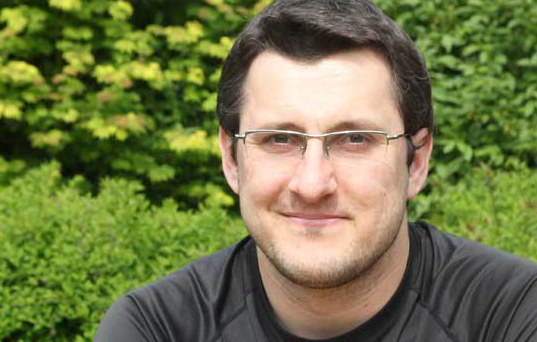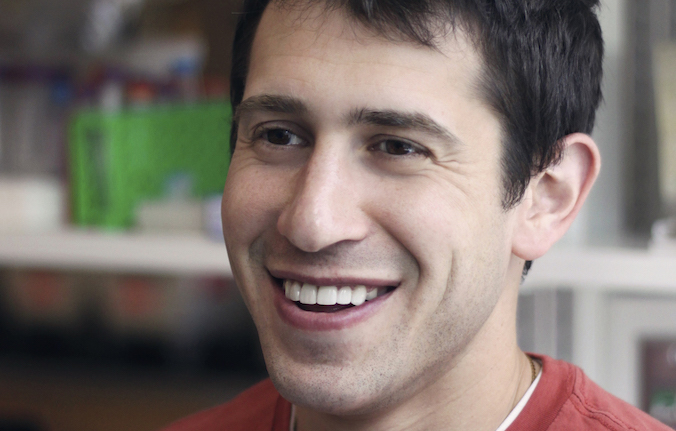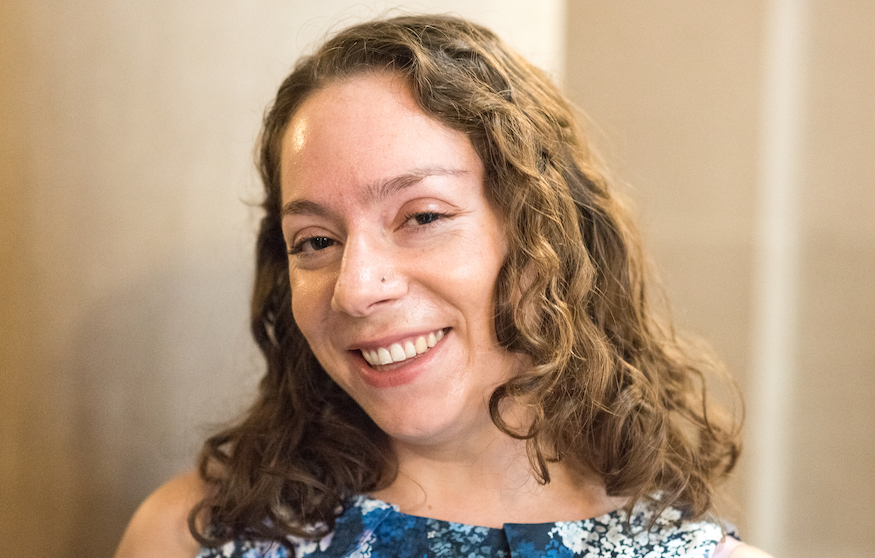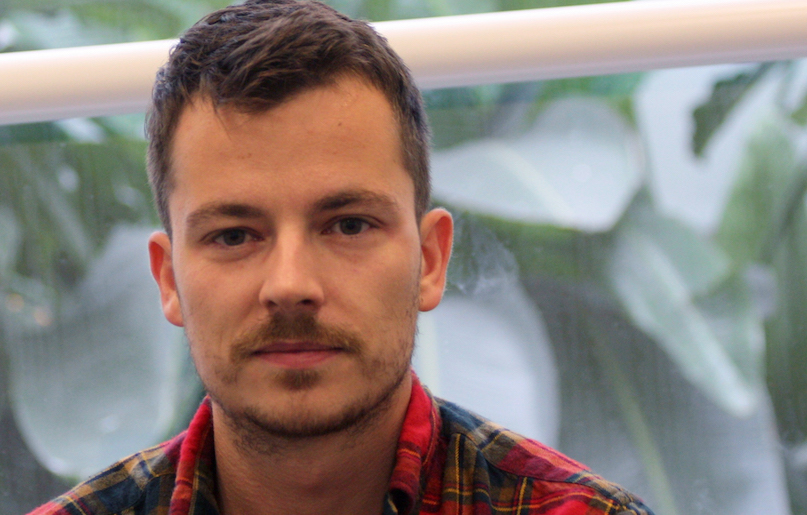Winners of the Science & SciLifeLab Prize for Young Scientists 2017
SciLifeLab is proud to annonce this year’s winners of the Science & SciLifeLab Prize for Young Scientists. The four young scientists are have arrived in Sweden to receive their award and will hold presentations on their prizewinning research at the open scientific symposium Finding Your Way In Science in Aula Medica, Solna, on December 11.

Stilianos Louca (Grand Prize Winner)
Category: Ecology and Environment
Essay: Probing the metabolism of microorganisms
As an undergraduate, Stilianos Louca studied physics and mathematics at the Friedrich-Schiller-Universität, Germany, before going on to attain a PhD in applied mathematics at the University of British Columbia, Canada. During his doctoral research, he investigated how microorganisms, in particular their genes, interact with the environment and with each other to drive elemental fluxes at ecosystem scales. Louca is currently a postdoctoral researcher at the Biodiversity Research Centre in Vancouver, where he continues to investigate the ecology and evolution of microbial metabolism using mathematical modeling, molecular sequencing and laboratory experiments.

Jared Mayers
Category: Translational Medicine
Essay: Metabolic markers as cancer clues
Jared Mayers is a resident in Internal Medicine at Brigham and Women’s Hospital in Boston, MA, working towards a career that balances basic science research with clinical practice. After completing his undergraduate degree at Williams College, he earned his M.D. from Harvard Medical School and his Ph.D. in Biology from the Massachusetts Institute of Technology. His research interests center on identifying and understanding the mechanisms driving whole body metabolic alterations and tissue interactions in early disease states. Outside of the hospital and lab, he enjoys running and spending time with his family.

Kelley Harris
Category: Genomics and Proteomics
Essay: Reading the genome like a history book
Kelley Harris studied mathematics as an under-graduate at Harvard and transitioned into genomics during a postgraduate year at the Well-come Trust Sanger Institute. She then earned a Ph.D. in Mathematics at UC Berkeley, with a Designated Emphasis in Computational Biology, where she continued building statistical methods that describe how genome sequences evolve. In January 2018, Harris will finish her postdoctoral fellowship at Stanford and become an assistant professor of genome sciences at the University of Washington.

Mijo Simunovic
Category: Cell and Molecular Biology
Essay: Biology and physics rendezvous at the membrane
A native of Europe, Mijo sought higher education in the U.S. and in France; earning his Ph.D. in theoretical chemistry from The University of Chicago, and his Ph.D. in experimental physics from University of Paris. In his scientific work, he pursues com-plex biological problems that are fundamentally driven by physics. Currently, he is at The Rockefeller University where, as a Junior Fellow of the Simons Society, he uses stem cells to build experimental models of the human embryo, aimed at elucidating the earliest events in human development. Simunovic is passionate about teaching, having served as a teaching consultant at the University of Chicago and instructed undergraduate bio-physics courses in Chicago and New York.




